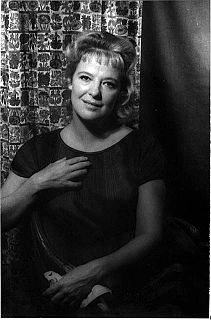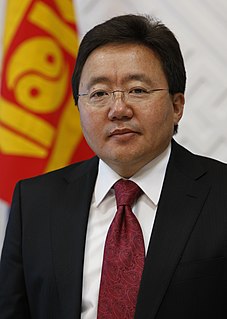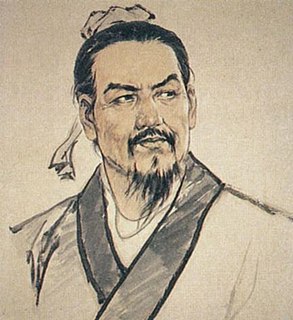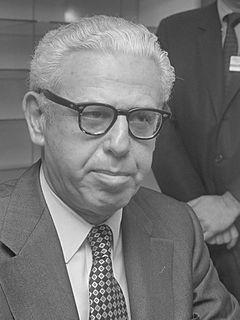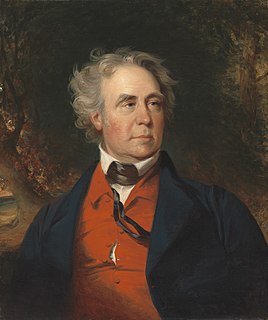A Quote by Kim Stanley
Money equals power; power makes the law; and law makes government.
Related Quotes
There’s no way to rule innocent men. The only power any government has is the power to crack down on criminals. Well, when there aren’t enough criminals, one makes them. One declares so many things to be a crime that it becomes impossible for me to live without breaking laws. Who wants a nation of law-abiding citizens? What’s there in that for anyone? But just pass the kind of laws that can neither be observed or enforced nor objectively interpreted - and you create a nation of law-breakers - and then you cash in on guilt.
It is easy to understand why the law is used by the legislator to destroy in varying degrees among the rest of the people, their personal independence by slavery, their liberty by oppression, and their property by plunder. This is done for the benefit of the person who makes the law, and in proportion to the power that he holds.
Revealingly, the central function of the Constitution as law--the supreme law--was to impose limitations not on the behavior of ordinary citizens but on the federal government. The government, and those who ran it, were not placed outside the law, but expressly targeted by it. Indeed, the Bill of Rights is little more than a description of the lines that the most powerful political officials are barred from crossing, even if they have the power to do so and even when the majority of citizens might wish them to do so.
Among all the religious persecutions with which almost every page of modern history is stained, no victim ever suffered but for violation of what Government denominated the law of God. To prevent a similar train of evils in this country, the Constitution has wisely withheld from our Government the power of defining the divine law.
